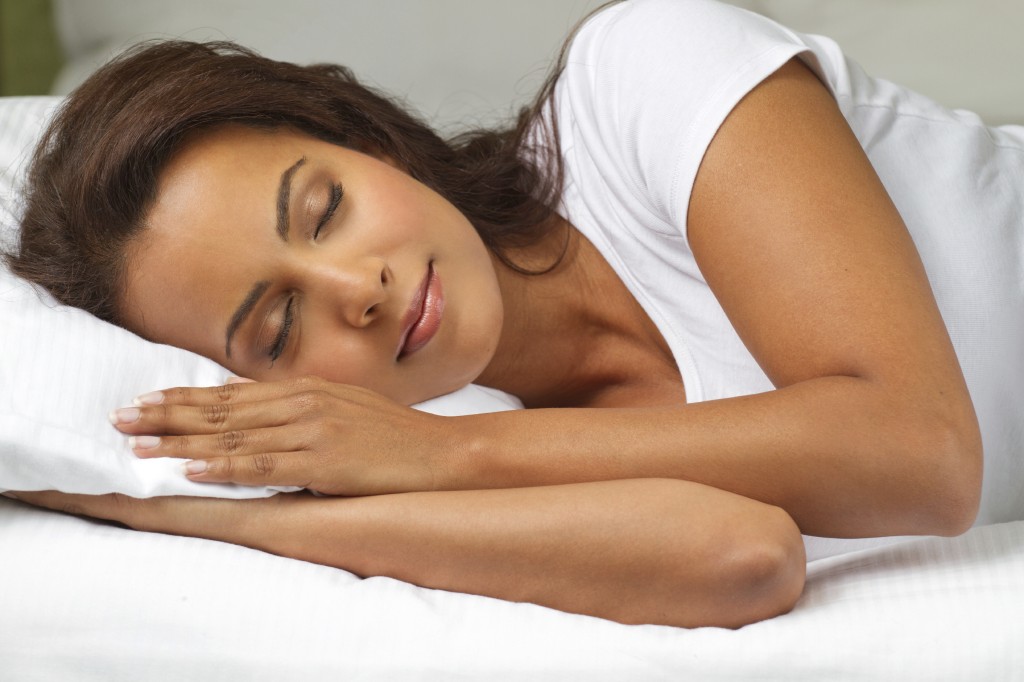Sleep deprivation is an all too common occurrence in our modern day and age. Be it because of stress, hectic work schedules or various other distractions, people’s sleep patterns are far unhealthier than they were in the past. Before the advent of electricity, sleep patterns were dictated by nature; as soon as the sun set, there was not really that much to do apart from sleep, so nature and humans were in perfect sync. Sleep deprivation can lead to various and severe problems, such as depression, decreased alertness and performance, cognitive and memory impairment just to name a few. Luckily there is a lot you can do to get that healthy full night’s sleep.
Exercise
This is a big one and it makes sense, that you will be more tired after physical activity, does it not? Exercise produces endorphins that reduce anxiety and arousal. Ultimately, helping you drift off to sleep. Exercise also affects the circadian rhythm, in other words, your internal body clock, so your body knows it needs to produce melatonin and rest after physical activity. Aerobic sports are great, from running and cycling to yoga and Pilates, you can take your pick. If you can exercise outside, be sure to do that, as getting more sunlight has been linked to a better quality of sleep.
Bedroom Overhaul
If you are having trouble falling asleep, or even if you just want a more serene sleeping environment, throw out your television or any other electrical distractions. Although many people find it relaxing to fall asleep to the TV, this kind of sleep is superficial and in most cases far less restful than deep sleep. The light from the screen (or any other electric lights you might have in the bedroom) sends your body mixed messages and can disrupt the sleep-wake cycle. The quality of your mattress can also influence how much rest and sleep you get. If you are uncomfortable on your mattress due to back pain, investing in a new bed that better suits your needs will pay dividends when it comes to being well rested. Soothing music can also be used to great effect to help you drift off, and there is a lot of choice; from whale songs to rainforest sounds and everything in between.
Sleep disorders can be partly or wholly brought on by the substances we induce. Alcohol and coffee can wreak havoc on sleeping patterns. Cutting down on these is advised. Sleeping pills and other prescription drugs that are designed to help you sleep, but usually only for a very limited and initial period. After that, the body can build up a tolerance, and you will be back to square one. Having a large meal before bed may make you feel more drowsy and sleepy, but will ultimately have an adverse effect on your quality of sleep. Digesting food is an energy intensive process, and your body will be too busy doing this to allow you a restful night’s sleep. The same applies with the liquids you intake. Some foods will help you sleep, while others will keep you awake longer. Naps are yet another thing you should try to avoid, but if you do nap, keep them under 25 minutes long, and only eight hours after first waking.
Improving your sleeping habits can significantly increase your quality of living. Waking up feeling alert, rested and refreshed gives you a great boost for the whole day. For many people, sleep disorders can go unrecognized, and thus untreated, for years. If the above suggestions do not work for you, consider seeing a doctor or a sleep specialist.
